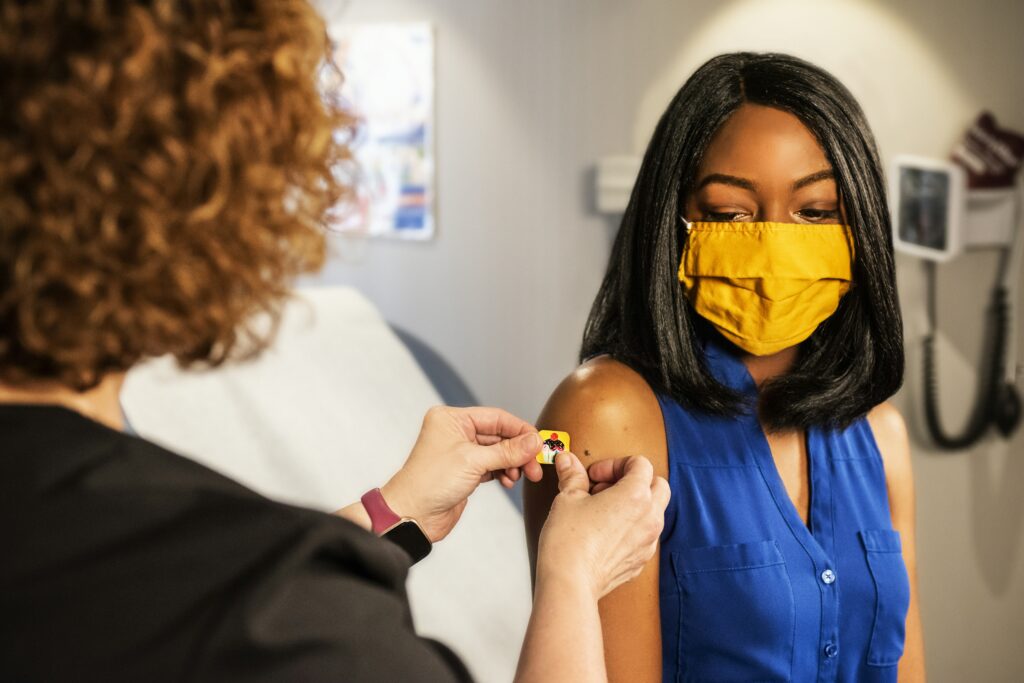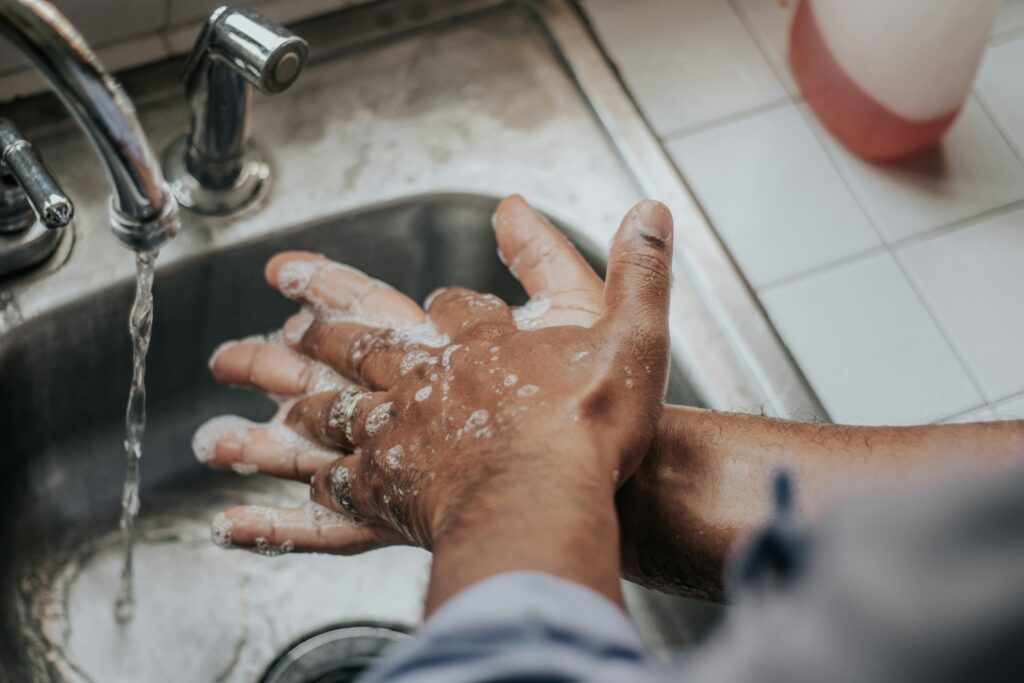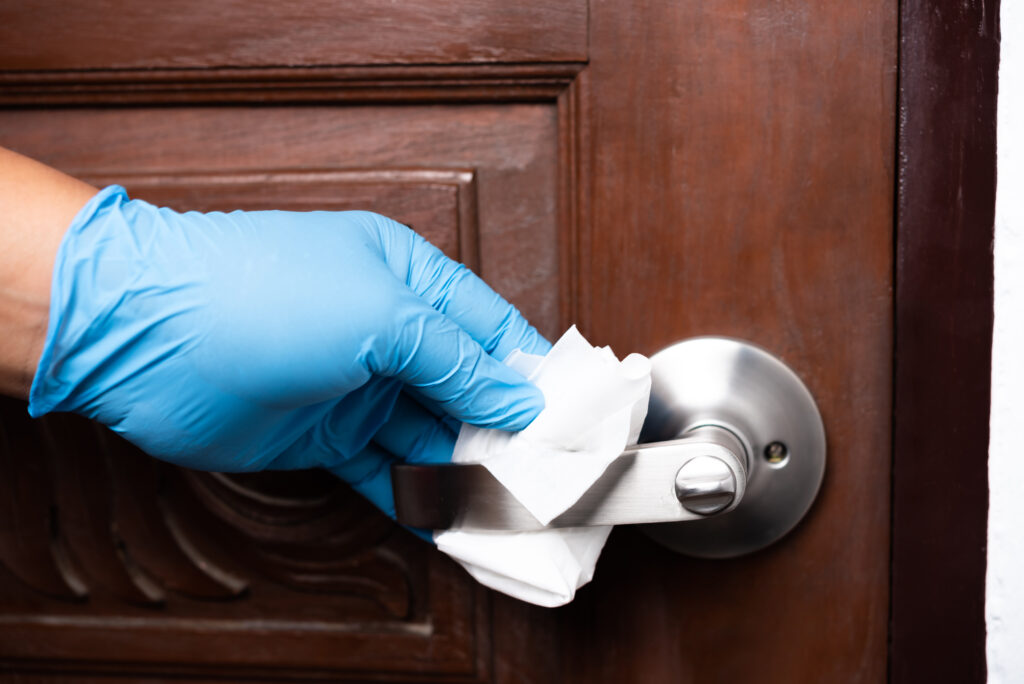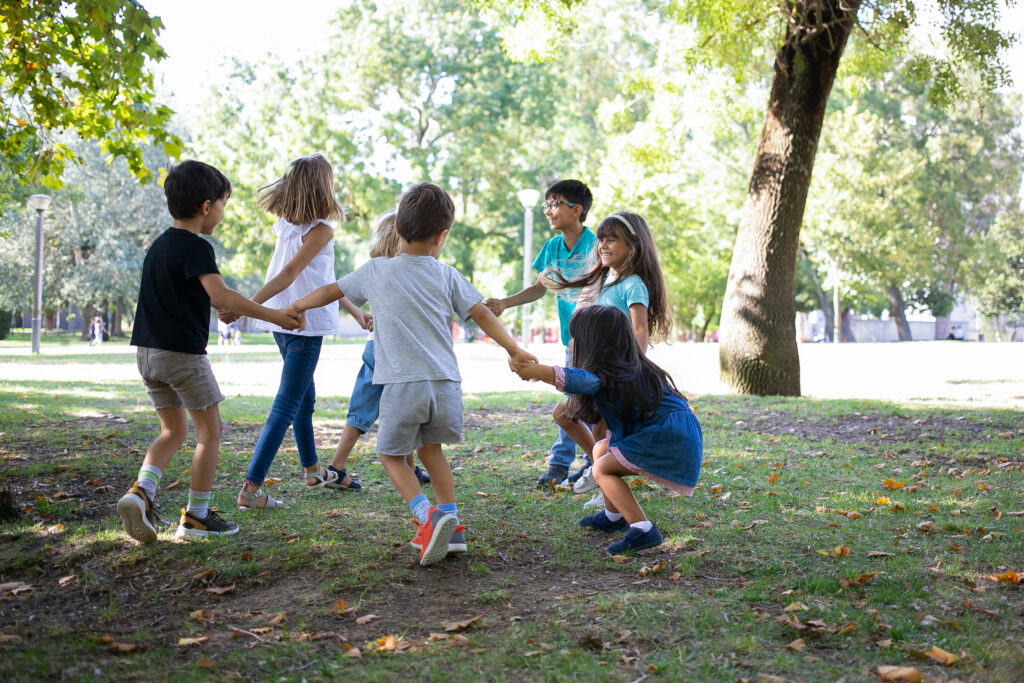Seasonal Wellness Tips to Keep You Healthy All Winter
When the weather gets colder, we spend more time indoors. That also means germs like cold and flu spread more easily. But staying healthy this season doesn’t have to be complicated. With a few simple steps, you can lower your risk of getting sick and keep your family safe.

Get Your Seasonal Vaccines
Vaccines are one of the best ways to protect yourself and others from serious illness.
- Flu and COVID vaccines are updated each year to protect against current strains.
- Vaccines help reduce your chances of getting very sick. Even if you do catch the flu or COVID, your symptoms will likely be milder.
- By getting vaccinated, you’re also protecting your loved ones, neighbors, and community.
Call your NHC clinic today to schedule your seasonal vaccines.

Boost Your Everyday Habits
Strong daily habits keep your immune system ready to fight off illness. Try these:
- Wash your hands often with soap and water.
- Drink water throughout the day.
- Get enough rest — adults need 7–9 hours of sleep, and kids need even more.
- Eat balanced meals with fruits, vegetables, and protein to fuel your body.

Stay Healthy Indoors
As we close our windows against the cold, the air inside our homes can get stuffy, and germs can spread more easily.
- Open a window for a few minutes each day or use a fan to bring in fresh air.
- Clean and disinfect items you touch often, like phones, doorknobs, and remotes.
- Avoid smoking, especially indoors, to protect kids, people with asthma, and others most vulnerable to respiratory illness. Even smoke that clings to clothing can affect children and sensitive individuals.
Outdoor Tip: With leaves starting to fall, consider raking or switching to an electric leaf blower instead of a gas-powered one. According to the California Air Resources Board, just one hour of gas leaf blower use produces the same pollution as driving 1,100 miles (approximately the distance from Portland to San Diego).
Know When to Call for Care
Not every sniffle means you need to see a provider, but it’s important to know when to get help.
- Mild symptoms (runny nose, mild cough, tiredness): Rest, fluids, and over-the-counter medicine may help.
- More serious symptoms (trouble breathing, chest pain, high fever that won’t go down): Call your NHC clinic right away.
- Emergencies: If symptoms are severe, call 911.

Protect the Most Vulnerable
Some groups are more at risk from seasonal illnesses, including:
- Older adults
- Young children
- Pregnant women
- Those with long-term health conditions like diabetes, asthma, or heart disease
Check in on family members, friends, or neighbors who might need extra support during the colder months.
Your Partner in Seasonal Wellness
At NHC, we’re here to help you and your family stay healthy year-round. From preventive care to seasonal vaccines, our providers are ready to support your health and answer your questions.
Call your NHC clinic today to schedule a check-up or seasonal vaccine.
Cold Weather Resources
Winter wellness isn’t just about flu shots and washing hands. It’s also about having the essentials that keep you safe, warm, and nourished. For many of our neighbors, the colder months bring added challenges like higher utility bills, limited shelter options, or difficulty putting food on the table. The good news? There are programs across our region designed to help. Below you’ll find local and statewide resources for utility and energy assistance, warming and shelter support, and food access so you and your loved ones can get through winter with comfort and care.
Winter Utility & Energy Assistance
Washington County
- Community Action Utility Assistance: Help with electric, gas, water, garbage, and internet bills. caowash.org/utility-assistance
- City of Tualatin Utility Aid: Up to $300 a year toward utility bills for qualifying residents. tualatinoregon.gov/finance/utility-bill-assistance
Clackamas County
- Energy Assistance Program: Help with heating bills (gas, electric, wood, oil, or pellets). clackamas.us/socialservices/energy
Multnomah County
- Energy Assistance Program: Call 2-1-1 or text your zip code to 898211 to get connected. multco.us/energy-assistance
- NAYA, Impact NW, Our Just Future: Partner agencies providing electric, gas, heating, and water bill help. nayapdx.org/utility-assistance | impactnw.org/energy-assistance | ourjustfuture.org/utility-assistance
- PGE & Pacific Power: Income-qualified bill discounts available. portlandgeneral.com/energy-assistance | pacificpower.net/bill-help
Statewide
- Oregon LIHEAP & OEAP: Energy bill help for low-income households. oregon.gov/ohcs/energy-weatherization
If you or someone you know is struggling, please reach out. These programs exist to help keep Oregonians safe and warm in the winter.
Warming & Shelter Resources
As the weather gets colder, it’s especially important to know where to turn for warmth and shelter.
Washington County offers emergency and winter shelters through Community Connect, and additional capacity is added during severe weather events.
In Multnomah County, the “Care For When It’s Cold” program highlights active warming centers and emergency shelters. Call 2-1-1 to find a location near you.
In Clackamas County, overnight warming shelters and daytime centers open when conditions are dangerous. Check their relief page or contact Coordinated Housing Access for details.
If you or someone you know needs a warm place to stay, please reach out to these local resources.
Food Assistance Resources
Washington County
- Oregon Food Bank: Supports partner pantries, mobile markets, and food programs. oregonfoodbank.org
- Beaverton Resource Center Food Pantry: Serves Beaverton, Aloha, and nearby zip codes (appointment recommended). beavertonresourcecenter.org/food-pantry
- Free Food Market: Monthly food markets open to all, no ID required. hillsboro-oregon.gov
- Faith Cafe & Food Cupboard: Free meals and grocery support. Faith Cafe offers free meals on Sundays and last Thursdays. bethelbeaverton.org/hunger
Clackamas County
- Gleaners of Clackamas County: Distributes food to low-income families, the elderly, and disabled residents. gleanerscc.org
- St. Vincent de Paul Pantry: Locations in Estacada, Lake Oswego, Milwaukie, Oregon City, Wilsonville, Sandy, and more. svdppdz.org
Multnomah County
- Lift Up Portland: Free pantry for NW and downtown residents, plus produce boxes and delivery. lifturbanportland.org
- Sunshine Division: Food pantry, home-delivered food boxes, and mobile food access programs. sunshinedivision.org
- Multnomah County Partner Orgs: Broad network of food assistance across Multnomah County. multco.us/food-assistance
References
For more information on staying healthy during cold and flu season, visit:
- Centers for Disease Control and Prevention (CDC): Prevent Seasonal Flu
- CDC: COVID-19 Vaccination
- CDC: Everyday Preventive Actions
- World Health Organization (WHO): Seasonal Influenza Factsheet
- Oregon Health Authority (OHA): Vaccines and Immunizations
- American Academy of Pediatrics (AAP): Healthy Sleep Habits
- National Institutes of Health (NIH): Staying Healthy in Cold Weather

Brooke Bachelor, DO, Family Physician at NHC Tanasbourne Medical and Dental Clinic
This article was reviewed by Brooke Bachelor, DO, Family Physician at NHC Tanasbourne Medical & Dental Clinic. Dr. Bachelor provides primary care with a focus on integrative and lifestyle medicine, reproductive health, and osteopathic manipulative treatment (OMT). With experience as an ICU nurse and working alongside local health promoters in Uganda and Peru, she brings a global perspective to patient care. At NHC, she partners with patients to improve health outcomes through whole-person, community-centered care.